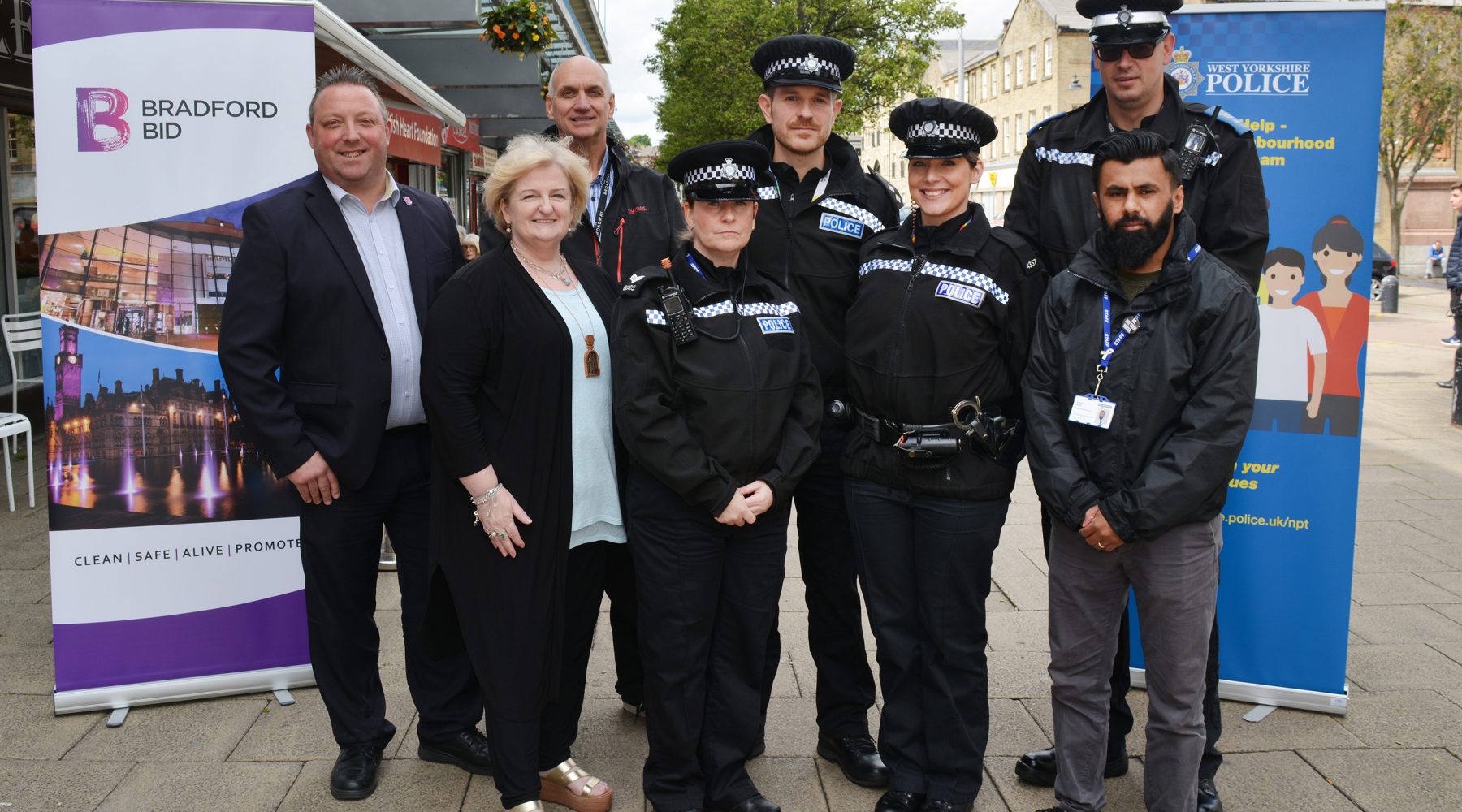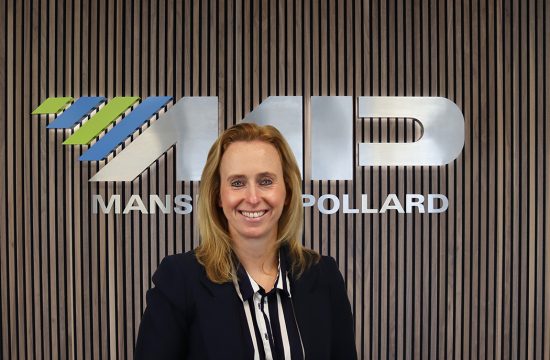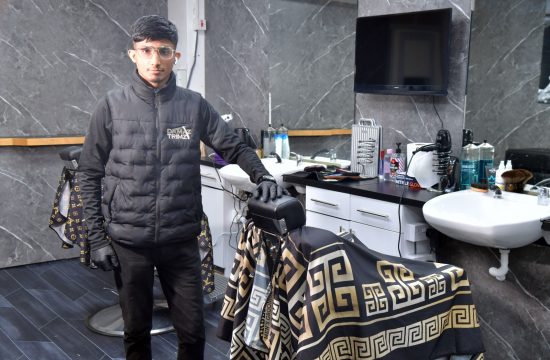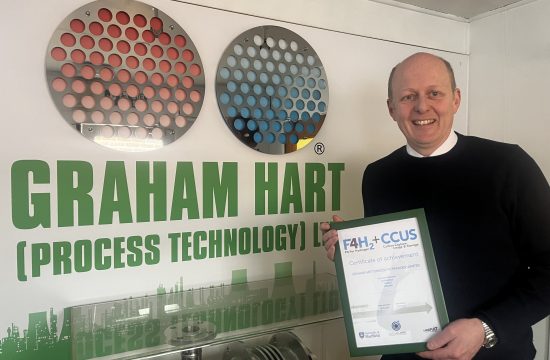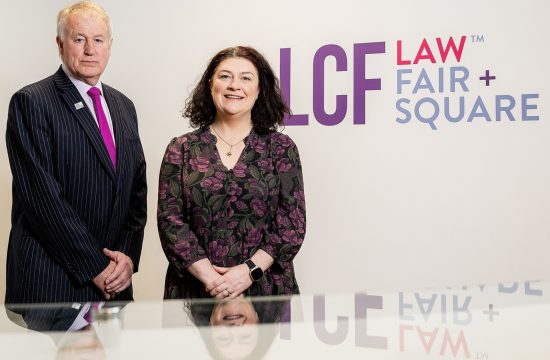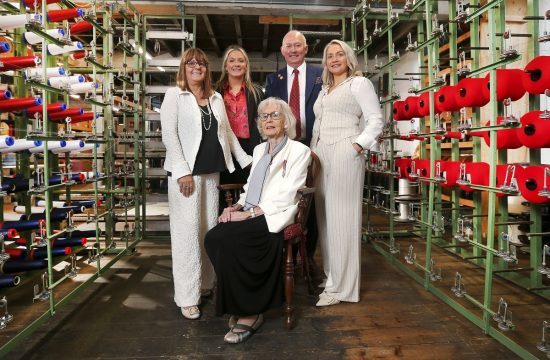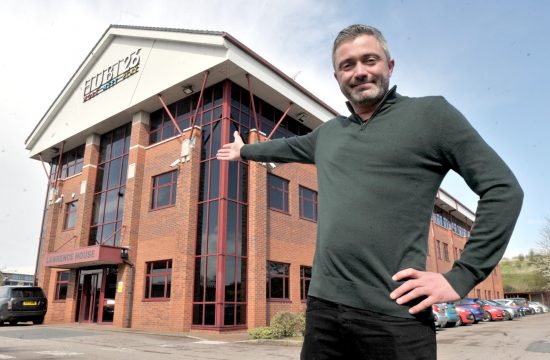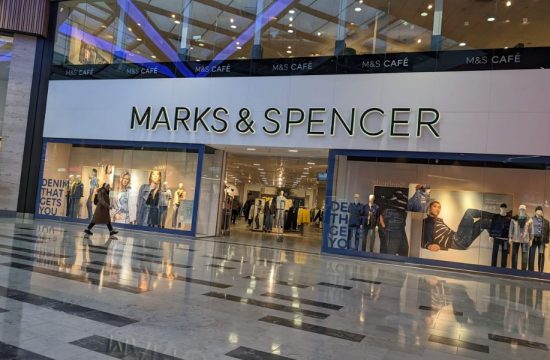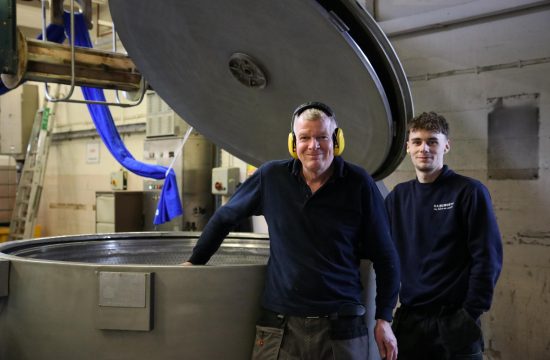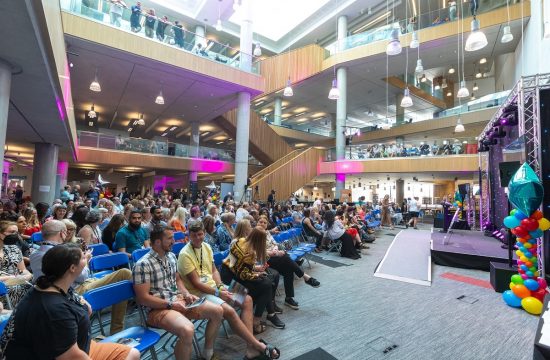Work to reduce city centre crime and anti-social behaviour as part of businesses efforts to make the streets safer is having a real impact.
City Centre Beat (CCB), Bradford’s business crime reduction partnership, has invested in cutting edge technology as part of its work to reduce and manage incidents of crime.
And a ground-breaking initiative to tackle street drinkers set up by Bradford BiD and CCB in conjunction with West Yorkshire has also proved to be extremely effective, with a three-month trial which concluded in September being extended for a further 12 months.
CCB new technology is designed to help its members manage incidents of crime and even spot offenders even before they enter a store.
The group, which includes retailers in Kirkgate and The Broadway shopping centres, Forster Square and other parts of the city, works with retail and hospitality businesses, West Yorkshire Metro, Police, Bradford Council, Bradford Business Improvement District (BID), the University of Bradford and Bradford College to share criminal intelligence and head-off crime.
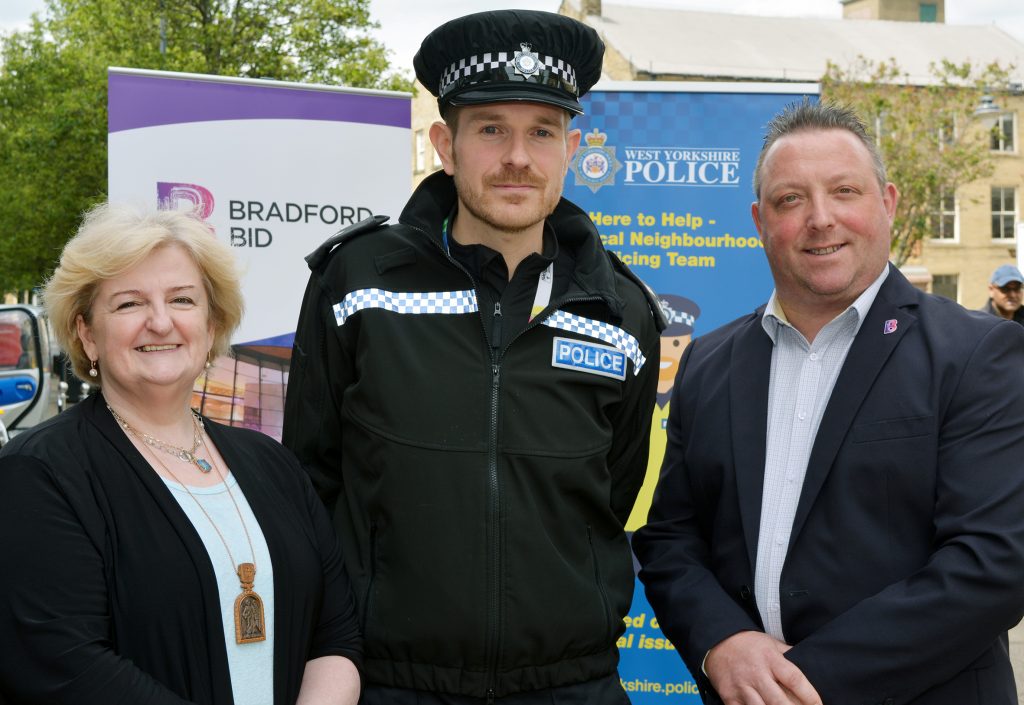
It has adopted the SentrySIS crime management computer platform which gives members access to crime intelligence via a dedicated smartphone app and cloud-based web portal.
The software allows security guards, loss prevention personnel and shop assistants to search a database of known offenders to prevent them from entering a store before a crime has even had chance to take place.
Speaking towards the end of last year, CCB’s joint crime manager Steve Baker said: “We’re now better equipped than ever before to help our business members fight low-level crime and anti-social behaviour all year round but it’s great to have this in place in the run-up to Christmas, which is usually one of our busiest periods.
“SentrySIS is in use with crime partnerships across Yorkshire, the Midlands and the North-East and it is fast becoming the ‘go-to’ crime management platform helping the police, local businesses and national retailers stay two steps ahead of local criminals.”
The software houses an array of crime intelligence ranging from known and unknown subjects of interest through to vehicles which have been associated with crime and criminal activity within the area. CCB users can also be informed about historical crime incidents that have occurred in the city centre and further afield.
Dave Downes, deputy general manager at The Broadway and BID board member, said: “It provides instantaneous sharing of criminal profiles, photographs and details of who and what to look out for.
“Members can add incidents and alerts about criminal behaviour and we can pass that information straight on to the police. The system also allows us to share intelligence on travelling criminals with other crime reduction partnerships in the region.”
In the last few years, SentrySIS has proved a great success through its use by the Leeds crime partnership, Business Against Crime in Leeds (BACIL). Both CCB and BACIL, along with other neighbouring crime partnerships, will be able to share crime data and intelligence on travelling offenders between themselves securely and in line with data protection rules.
Chris Nriapia from SentrySIS said: “This is not only great news for Bradford businesses but for the region as a whole. The ability to link up Bradford with other towns and cities using our software now makes Yorkshire a safer place for visitors, city centre shoppers and retail staff who unfortunately have to deal with these incidents on a daily basis.”
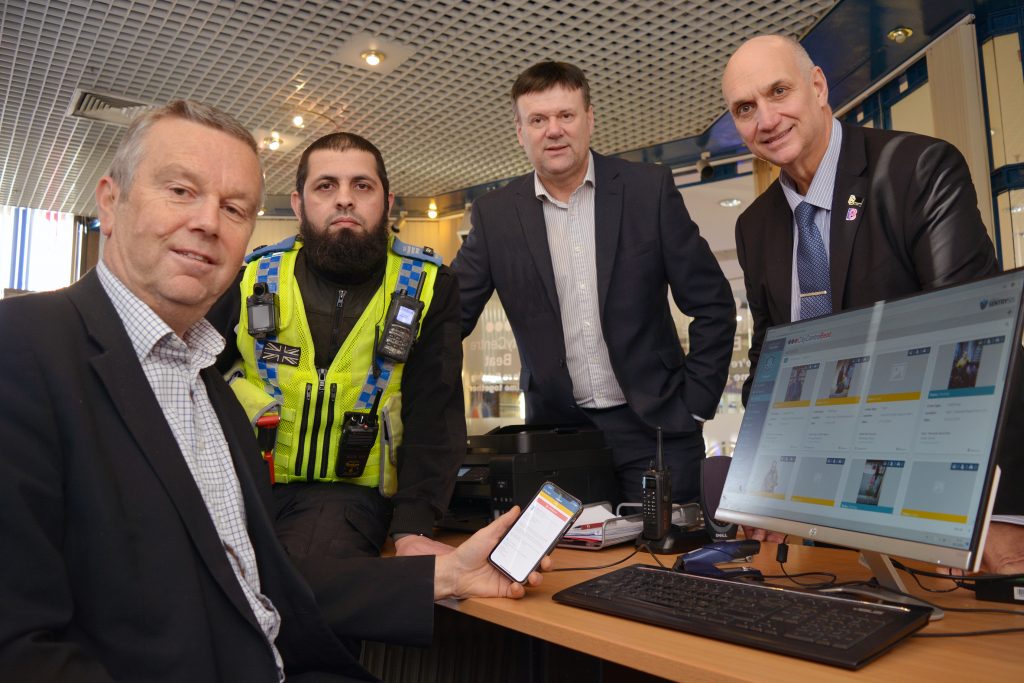
Moves to tackle concerns on anti-social behaviour and street drinking in the city have also proven to be successful.
In June, West Yorkshire Police teamed up with the BID and CCB to launch the scheme, which uses legal powers in a new and innovative way, combined with advanced forensic technology, to prevent the supply of “super-strength” alcohol to street drinkers.
The project, dubbed Operation Straitpark, worked so well that Bradford BID and CCB agreed to fund it for a further 12 months last September.
BID chairman Ian Ward said: “The operation is clearly having an impact and with street drinking and the anti-social behaviour it feeds being of such concern to the public and businesses, we felt it was essential to help the Police continue their good work.”
Inspector Pete Hall, who leads the city centre Neighbourhood Policing Team (NPT) said: “Since the launch of the scheme, officers have noted a significant reduction in drinking, shop thefts and anti-social behaviour and some known drinkers themselves commented on how difficult it is to get served from certain establishments.
“We’re extremely grateful for the support of the BID and CCB in helping us to continue the operation for another 12 months.
“We know this is changing behaviour and we are confident that by extending the scheme we can continue to work together with retailers to ensure it has a lasting effect.”
BID manager Jonny Noble said: “There’s no doubt that the use of SmartWater and these new powers is working. Apparently even the Council’s cleansing team say they have noticed less mess being left in these areas.
“There has been a good deal of praise for both the project and the way the city centre’s neighbourhood policing team have stuck to the task. But we know there is work still to do and, on behalf of the BID’s levy-paying members, we are keen to ensure it continues to make progress on one of the key SAFE pillar objectives in our Business Plan.”
“Several businesses in the area have reported that the number of people hanging around and the amount of drinking and bad behaviour have reduced, so it’s clear that Operation Straitpark is becoming the positive force we hoped it would.
Catherine Riley, chairman of City Centre Beat
“Problem drinkers create both a nuisance and a negative impression which can have a damaging effect on the city centre economy, so well done to the NPT for making this work and long may their success continue.”
The scheme utilises “SmartWater” forensic liquid to trace where disorderly drinkers are buying their “super-strength” alcohol – beer and lagers which are more than 6.5 per cent alcohol by volume (abv) – to help them educate retailers and work with them to cut off the supply.
Bradford’s unique scheme uses legal powers, that exist under anti-social behaviour legislation, to tackle the problem.
Alcohol retailers in the ‘top-of-town’, around North Parade and the Oastler Centre area, have agreed to mark their stock with the SmartWater liquid which creates a unique forensic colour code for each business and a direct link back to the alcohol sold from its premises.
The liquid is virtually invisible in normal light but each colour glows distinctly under ultraviolet light. City centre officers have been equipped with UV detection lights so when street drinkers are found with the cans, they can trace where they were bought.
The police then offer advice and support to the retailer concerned to encourage them to help prevent crime and disorder and public nuisance.
For the first time in the UK, police in Bradford issue Community Protection Warnings (CPWs) to retailers followed by Community Protection Notices (CPNs) which, if breached, lead to prosecution and severe penalties.



